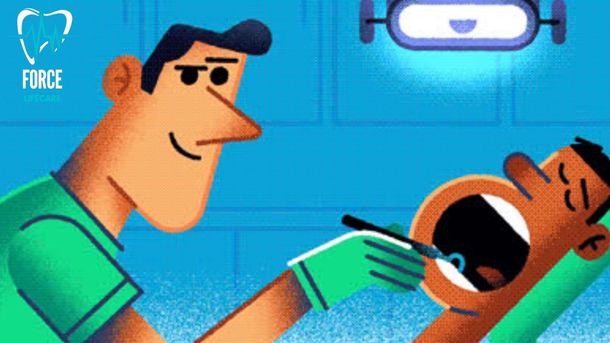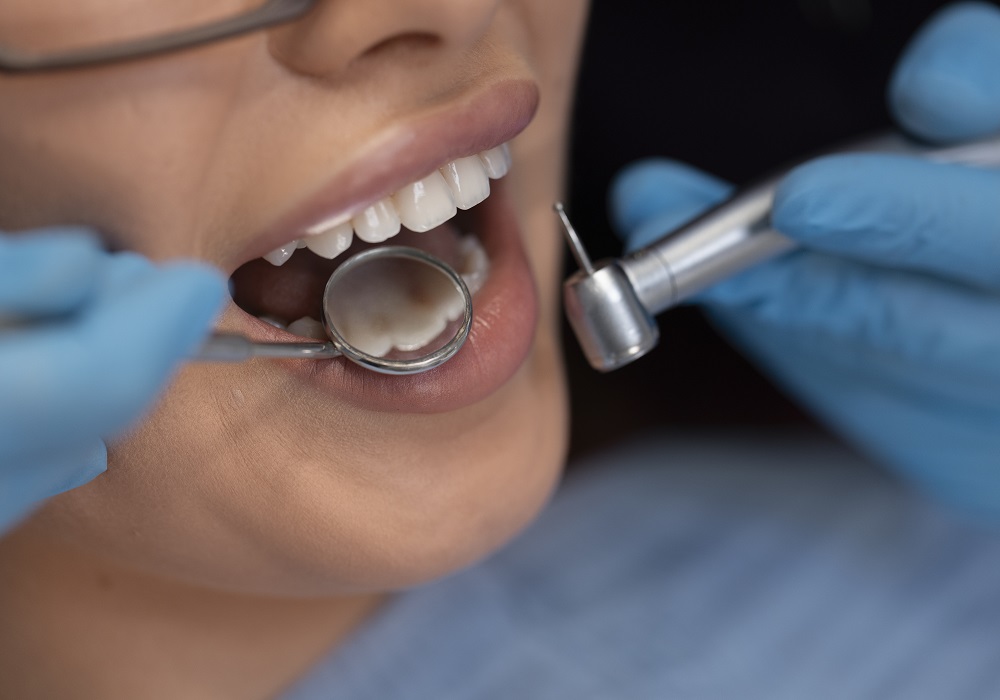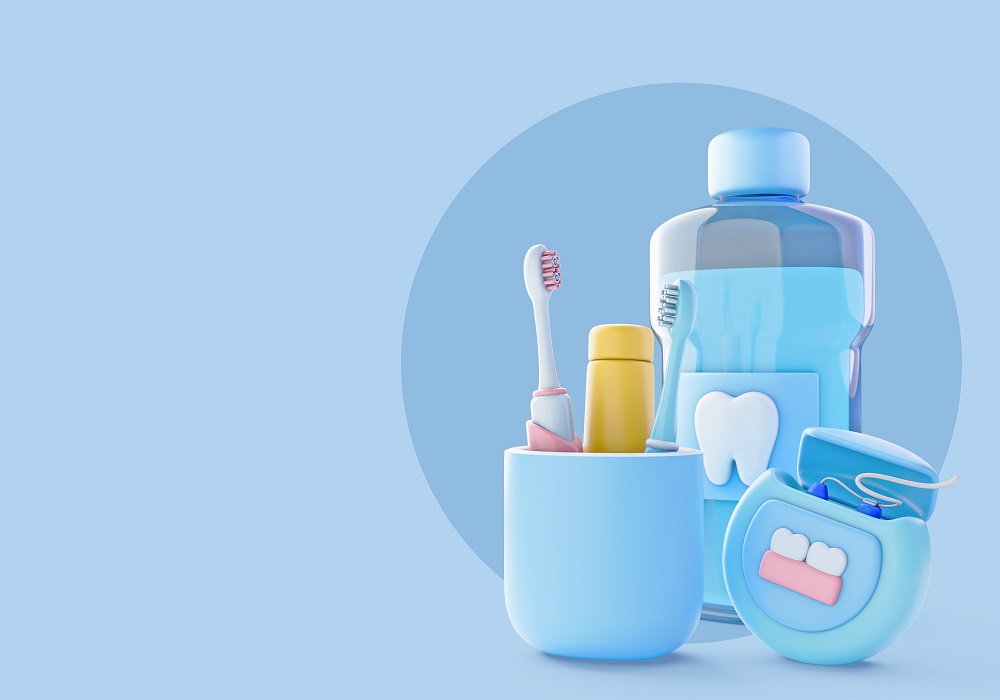When a dental emergency happens, it's essential to take prompt action to address the issue and minimize further damage or discomfort. Here are the steps you can take:
Though it's normal to feel worried or frightened, maintaining your composure can enable you to think clearly and make better choices.
Analyse the circumstance: Find out how urgent the dental situation is. Is it a cracked dental filling, a severe pain, a knocked-out tooth, or something else? By comprehending the issue, you may take the necessary action.
Speak with your dentist: Call your dentist right away, describe the circumstance, and seek their advice. Make an appointment as soon as you can if it is during regular business hours. If it is after business hours, call their emergency contact number or pay attention to the voicemail instructions for emergency care.
Taking ibuprofen (if you are not allergic) or other over-the-counter pain medicines will temporarily reduce discomfort if you are experiencing pain or swelling. Swelling can be lessened by placing a cold compress on the outside of your cheek close to the injured area.
Tooth knocked out: If a permanent tooth is knocked out, timing is everything. Avoid contacting the tooth's root and hold it by the crown (upper section). If it's soiled, rinse it gently with water without rubbing or removing any tissue that may be adhered. If at all feasible, try to put the tooth back in its socket while holding it there by gently biting down on a piece of clean cloth. If doing so is not possible, keep the tooth wet by putting it in a glass of milk or saliva, and then take it right away to the dentist.
Broken dental restoration: Try to retain it safely if a filling, crown, or dental bridge breaks or falls out. Warm water should be used to rinse your mouth to clean the region and ease any pain. To safeguard the tooth until you can visit your dentist, you can temporarily cover the cavity with dental cement or temporary dental filling material (available at most drugstores).
In order to assist relieve any pain and reduce swelling, rinse your mouth with warm saltwater if you have a severe toothache. To get rid of any food particles that might be causing the pain, gently floss around the tooth. Aspirin might irritate the gums and teeth if it is applied directly to them.
Soft tissue injuries: Rinse your mouth with warm saltwater if you have a cut or laceration on your gums, lips, or tongue. To stop bleeding, gently press the area using sterile gauze or a clean cloth. Seek emergency medical help if the bleeding doesn't stop or the damage is serious.
Keep in mind that these are only broad recommendations; it is essential to speak with your dentist for personalised guidance based on your unique circumstances.
FAQ
What Situations Constitute a Dental Emergency? A dental emergency occurs when a toothache lasts longer than two to three days and causes you significant pain or discomfort. This typically denotes a tooth infection or an advanced cavity. Your condition won't improve if you don't receive the right care.
When is dental pain serious?
If your toothache is severe, you should seek professional dental care. You have a dental emergency if you are experiencing excruciating tooth pain in addition to a fever and chills. Go to the local emergency room or make a dental appointment immediately soon.



 Dental Checkup Services
Dental Checkup Services
 Our range of products
Our range of products
 Oral Care Blogs
Oral Care Blogs

Recent Comments